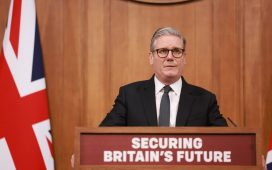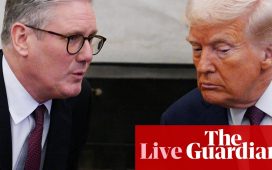SMALL boat migrants could STILL be arriving in Britain by the time of the next general election, Rishi Sunak admitted today.
In an interview with Conservative Home, the PM conceded his flagship Illegal Migration Bill won’t work “overnight”.
And he refused to promise channel crossings will stop in time for a late 2024 general election.
The PM has made ending illegal migration one of his five priorities before Brits take to the national polls.
And last month Cabinet Minister Oliver Dowden pledged the government was “committed” to stopping small boats “by the end of this Parliament”.
But Mr Sunak said: “It is a complicated problem where there’s no single, simple solution that will fix it and I’ve also said it won’t happen overnight.
“People should know it’s very important to me, it’s hugely important to the country that we need to fix the system, as a matter of fairness.
“It’s not fair that people are breaking the rules and coming here illegally.”
More than a 1,000 small boat migrants arrived in Britain illegally last week – the most this year so far.
Better weather saw a total 1,057 people make the perilous Channel crossing in 25 dinghies.
Last Wednesday brought the biggest single day with 492 migrants coming to Britain’s shores.


It came as The Sun revealed just 215 of them were deported last year.
Earlier this year Mr Sunak revealed a new law decreeing anyone who comes to the UK illegally will never be granted a permanent right to stay.
They will be held for 28 days before being either being sent home or deported to a third country like Rwanda.
The Illegal Migration Bill still needs to pass through Parliament and is likely to be held up in the courts by activist lawyers.
Today Mr Sunak said he anticipates a legal fight over the “novel, untested” and “ambitious” Bill.
“That’s always likely to happen in these cases and we will robustly challenge those, as we are doing with the Rwandan cases that are currently working their way through the court system,” he told Conservative Home.
Mr Sunak added: “You have to expect legal challenge on these things, our job is to robustly defend them and that’s what we’ll do.”











